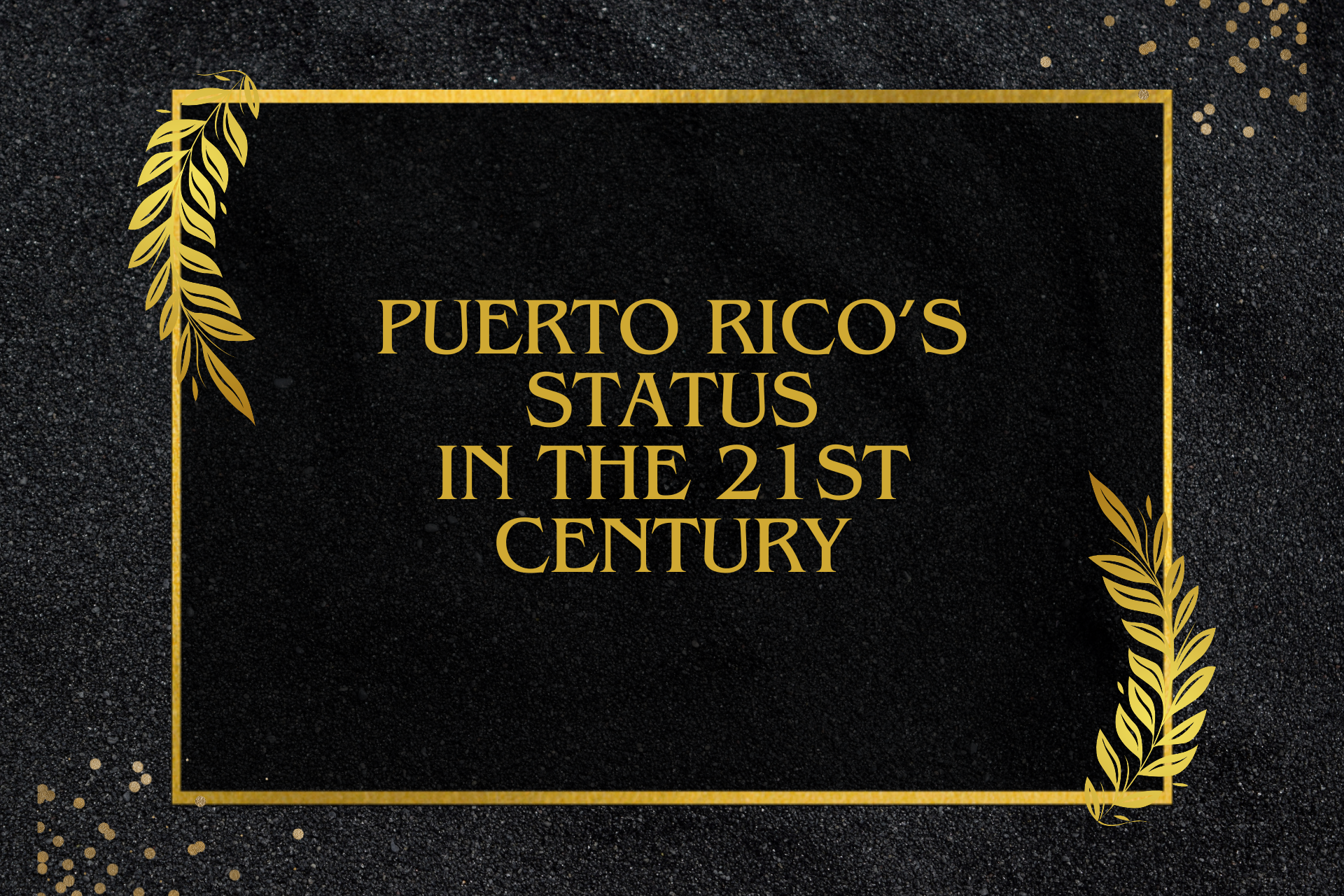In 1917, Congress granted U.S. citizenship to Puerto Rico residents when it passed the Jones Act. This law also included a bill of rights similar to that provided in the U.S. Constitution and established a bicameral legislature with voting rights in Puerto Rico.
Before enactment, there was little debate in Congress regarding the Jones Act’s citizenship provision, and Committee Reports paid little attention to this issue, which by 1917 had become uncontroversial. According to a 1978 law review article written by Judge Jose Cabranes, the first Puerto Rican appointed to the federal bench in the continental United States, a 1912 House Committee Report concerning a similar Puerto Rico citizenship provision had “envisaged a political status that would accord to Puerto Ricans constitutional rights comparable to those of United States citizens residing in the Union or one of its ‘incorporated’ territories.”
Judge Cabranes’ statement recognizes that the U.S. Constitution does not extend fully to Puerto Rico and that the new rights provided in the law are “comparable” but not necessarily identical to those found in the U.S. Constitution.
With the Nationality Act of 1940, Congress reinforced that all persons born in Puerto Rico automatically became citizens of the United States. Current law—codified at 8 U.S.C. § 1402— states that “[a]ll persons born in Puerto Rico on or after January 13, 1941, and subject to the jurisdiction of the United States, are citizens of the United States at birth.”
In 1950, Congress enacted legislation that enabled Puerto Rico to draft its own constitution. Puerto Rico did so, presented the constitution to Congress, and then engaged in a back-and-forth with Congress until Puerto Rican drafters agreed to make certain changes and obtained Congressional approval in 1952.
Puerto Rico’s 1952 Constitution provides for full local self-government, similar to that of a state, but did not change its status as a U.S. territory. Committee reports emphasize that “[i]t is important that the nature and general scope of [the 1952 law] be made absolutely clear. The bill under consideration would not change Puerto Rico’s fundamental political, social, and economic relations to the United States.”
Updated August 22, 2023


